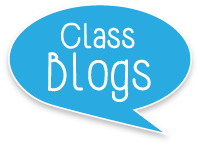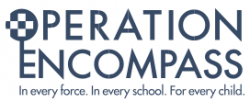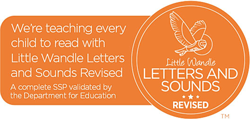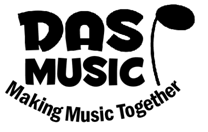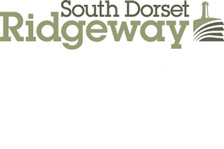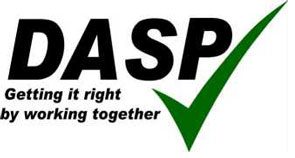Maths
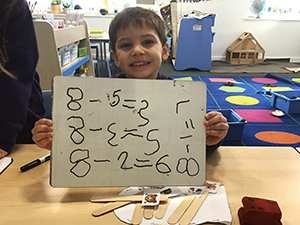 The children at Damers love doing maths, exploring maths, creating maths, talking about connections and finding interesting twists and turns along their journeys.
The children at Damers love doing maths, exploring maths, creating maths, talking about connections and finding interesting twists and turns along their journeys.
Maths is essential to everyday life and here at Damers we are privileged to start the journey for the future. Our curriculum provides a foundation for understanding the world, the ability to reason mathematically, an appreciation of the beauty and power of mathematics, and a sense of enjoyment and curiosity about the subject.
Our school has adopted the ‘Teaching for Mastery’ approach in maths. We believe this gives children the best possible opportunity to reach their full potential in maths!
What is teaching for Mastery…
A range of elements of classroom practice and school organisation that combine to give pupils the best chances of mastering mathematics.
Mastering maths means acquiring a deep, long-term, secure and adaptable understanding of the subject. At any one point in a pupil’s journey through school, achieving mastery is taken to mean acquiring a solid enough understanding of the maths that’s been taught to enable him/her move on to more advanced material.
NCETM (ncetm.org.uk)
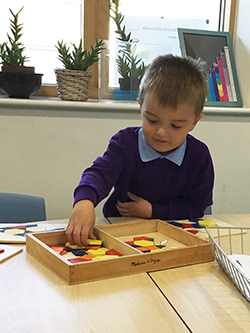
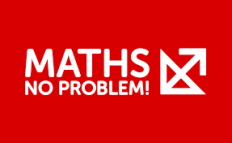 Here at Damers we use the mastery approach using the Maths – No Problem programme. This approach involves applying maths knowledge in real life situations, helping children make stronger connections, develop a long-term understanding of maths and – more importantly – enjoy learning mathematics!
Here at Damers we use the mastery approach using the Maths – No Problem programme. This approach involves applying maths knowledge in real life situations, helping children make stronger connections, develop a long-term understanding of maths and – more importantly – enjoy learning mathematics!
Through our mathematics curriculum we aim for our children to become fluent in mathematics where they can solve increasingly complex problems over time. Develop a sound understanding of mathematical concepts and recall and apply their knowledge rapidly and accurately. We believe that children become confident at reasoning mathematically, make connections between subjects, generalise and use mathematical language.
![]() As part of our Maths provision we follow the “Mastering Number” programme from the NCETM (National Centre for the Excellence in the Teaching of Mathematics). This enables children to develop a good number sense throughout the school. The aim over time is that children will develop fluency in calculation and a confidence and flexibility with number.
As part of our Maths provision we follow the “Mastering Number” programme from the NCETM (National Centre for the Excellence in the Teaching of Mathematics). This enables children to develop a good number sense throughout the school. The aim over time is that children will develop fluency in calculation and a confidence and flexibility with number.
Key Stage 1: The main focus of mathematics teaching in Key Stage 1 is to ensure that the children develop confidence and mental fluency with whole numbers, counting and place value. The children at Damers will be working with numerals, words and the 4 operations, including lots of practical resources and activities within the classroom and outside in the environment.
At this stage, the children will develop their ability to recognise, describe, draw, compare and sort shapes using the appropriate vocabulary. Also within this Key Stage children will be using a range of measures to describe and compare different quantities such as length, mass, capacity/volume, time and money.
Key Stage 2: The main focus of mathematics teaching in Key Stage 2 is to ensure that pupils become increasingly fluent with whole numbers and the 4 operations, including number facts and the concept of place value. The children at Damers develop efficient written and mental methods and perform calculations accurately with increasingly large whole numbers.
At this stage, children develop their ability to solve a range of problems, including simple fractions and decimal place value. The children draw with increasing accuracy and develop mathematical reasoning so they can analyse shapes and their properties, and confidently describe the relationships between them. They also develop their measuring skills and make connections between measure and number.
By the end of Year 4, pupils should have learnt their multiplication tables and show precision and fluency in their work.
 Talking Maths: Spoken language is very important in mathematics and at Damers we celebrate and encourage ‘talk’ in all aspects of maths. The quality and variety of language that the children hear and speak are key factors in developing their mathematical vocabulary and presenting a mathematical justification, argument or proof. This not only helps make their thinking clear to themselves it also helps others to build secure foundations of knowledge.
Talking Maths: Spoken language is very important in mathematics and at Damers we celebrate and encourage ‘talk’ in all aspects of maths. The quality and variety of language that the children hear and speak are key factors in developing their mathematical vocabulary and presenting a mathematical justification, argument or proof. This not only helps make their thinking clear to themselves it also helps others to build secure foundations of knowledge.
To read the Maths Curriculum Overviews for each year group, click on one of the buttons below. To read our parent’s information sheet on multiplication tables, click here.
 |
 |
 |
 |
